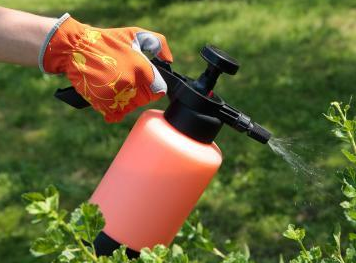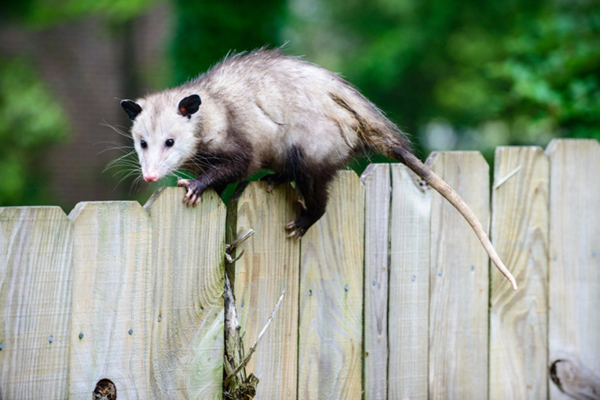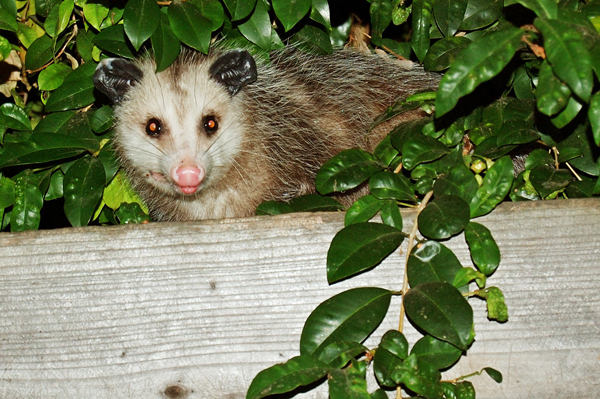Snails and Slugs
These disgusting vermin present a continuous nursery fight as they can fix harm to themselves and cover up during the day while biting gaps in plants around evening time.
 1. Re-reason egg shells.
1. Re-reason egg shells. Snails and slugs can't travel well over egg shells so after you break those eggs, spare the shells. Split them up and spread equitably around your vegetable nursery, dahlias or other snail and slug-inclined plants. They'll crawl somewhere else. It's better on the off chance that you wash off the egg shells first so as to keep different vermin from inclining toward the bodily fluid.
2. Set a brew trap.
Try not to squander old brew after a gathering. Empty it into an old tin and put it in the nursery. The snails and slugs will smell it, slide in to drink it and suffocate.
3. Use hair.
Regardless of whether it's pooch or human hair, they won't go over it. Wipe out brushes and spread around your plants.
4. Water just in the first part of the day.
Slugs and snails are the most dynamic around evening time in soggy conditions, implying that they will flourish on the off chance that you water at night. Watering in the first part of the day will permit the dirt to dry out.
5. Sprinkle diatomaceous earth (creepy crawly dust).
This residue is the sharp, fossilized survives from green growth that will slash the assortments of slugs and snails whenever slithered over, making them dry out. Make a point to buy nourishment grade diatomaceous earth.
6. Wrap copper tape around the base of plants.
Snails and slugs get a little electric stun from copper. Try to occasionally check the situation of tape, however it should last a whole season and can be found at garden supply stores.
7. Heap on ocean growth.
Live close to the sea shore? Get some ocean growth to-go. Heap it around your snail and slug plagued plants in overabundance around 4 inches down, in light of the fact that kelp will shrivel as it dries. Ocean growth is loaded with you got it–salt! It's likewise a supplement rich alteration for soil, so should fill a double need.
8. Plant friend plants.
Slugs and snails normally don't care for wormwood, regret, fennel, anise, and rosemary.
9. Hand pick them.
A few cultivators and specialists contend that the best strategy for snail and slug control is to take them out by hand.
Ants
10. Splash foamy water.
This will slaughter them on contact and is helpful for little pervasions.
11. Plant mint.
Annihilate the smelling abilities of ants by planting mint around your home close to entryways and other potential purposes of section. Spot the goes out where you have little subterranean insect issues.
12. Sprinkle heating soft drink on subterranean insect hills, at that point pour in refined white vinegar.
The synthetic response will air pocket and execute the ants. See more uses for heating soft drink in the home and nursery.
13. Shower water blended in with refined white vinegar.
The vinegar will wash away the ants' aroma trails. On the off chance that they can't make sense of where to go, they'll quit disturbing you.
14. Dissipate inlet leaves, cloves or cayenne pepper at their place of passage.
A narrows leaf is especially simple to leave in a cabinet where you've had an insect issue.
15. Sprinkle infant powder.
Bath powder, an element of child powder, is a characteristic subterranean insect repellent.
16. Make a borax and jam glue.
Ants will be pulled in to the sweet jam, however they can't process borax.
The Common House Fly
The housefly is the most widely recognized fly on the planet and a transmitter of ailment.
Since females can lay up to 500 eggs one after another, it's ideal to monitor these irritations.
17. Shower with a blend of dish cleanser and water.
They should bite the dust on contact.
18. Hang a plastic pack brimming with water close swarmed regions.
For reasons unknown, this system works. The idea is that the fly is confounded by light reflecting off the pack. In contrast to most different bugs, it has a field of vision of right around 360 degrees.
19. Sanitation is the best barrier.
Keep territories spotless and liberated from nourishment trash. Ensure trash can tops are on firmly.
20. Use bubbling water to murder parasites.
This tip works especially well, on the off chance that you happen to have them in trash jars.
Mosquitoes
These blood-eating vermin can be a significant patio aggravation. Set aside the DEET-based anti-agents and attempt these tips.
21. Supplant outside bulbs close to seating territories with yellow or orange bulbs.
Mosquitos don't float close to light this shading.
22. Use Bacillus thuringiensis israelenis microorganisms (Bti) in lakes and wellsprings.
In any event, moving water has still spots that can be reproducing justification for mosquito, gnat and fly hatchlings. This common microbes might be bought at a cultivating store and is protected to use around fish, winged animals, different creepy crawlies and pets.
23. Spot citronella all over the place.
Citronella is a sort of lemongrass that you may plant, if your atmosphere and yard permits. The oil is a proven regular anti-agents to mosquitos, with citronella candles as amazingly viable.
24. Plant some catnip and rosemary in pots close to your outside engaging regions.
In all honesty, considers have demonstrated that catnip is substantially more compelling than DEET. Rosemary works as well, however you'll have to squash the leaves of the two plants to discharge the scent, which mosquitoes abhor.
25. Apply neem oil.
Studies have shown that neem oil can last as long as 12 hours as a mosquito repellent, in this manner, its application has been basic to battling jungle fever in underdeveloped nations. Neem oil is a vegetable oil squeezed from the neem tree, an evergreen from the Indian subcontinent. It's usually found at drugstores or on the web.
26. Adopt a bat (really).
They make mainstream terrace companions since they eat on many mosquitoes every hour.
This arrangement clearly relies upon where you live, however mortgage holders across the country are hanging bat houses outside (presented previously). Delicate Bodied Insects (Aphids, Mites, Mealybugs) When you distinguish a pervasion it's imperative to treat it right away. Aphids are little, winged creepy crawlies that can move infections from plant to plant. Search for shriveling leaves and clingy honeydew substance. Mealybugs are Wooley Aphids which have a white, dusty appearance. Bugs are normally hard to see with the unaided eye, yet search for little yellow or darker spots and networks.
Last Thoughts…
The most ideal approach to ensure a vermin free nursery is by keeping it sound generally speaking.
Keep weeds under control, plants pruned and mulch for sound soil.
Do you have a most loved common nursery bother control arrangement?





